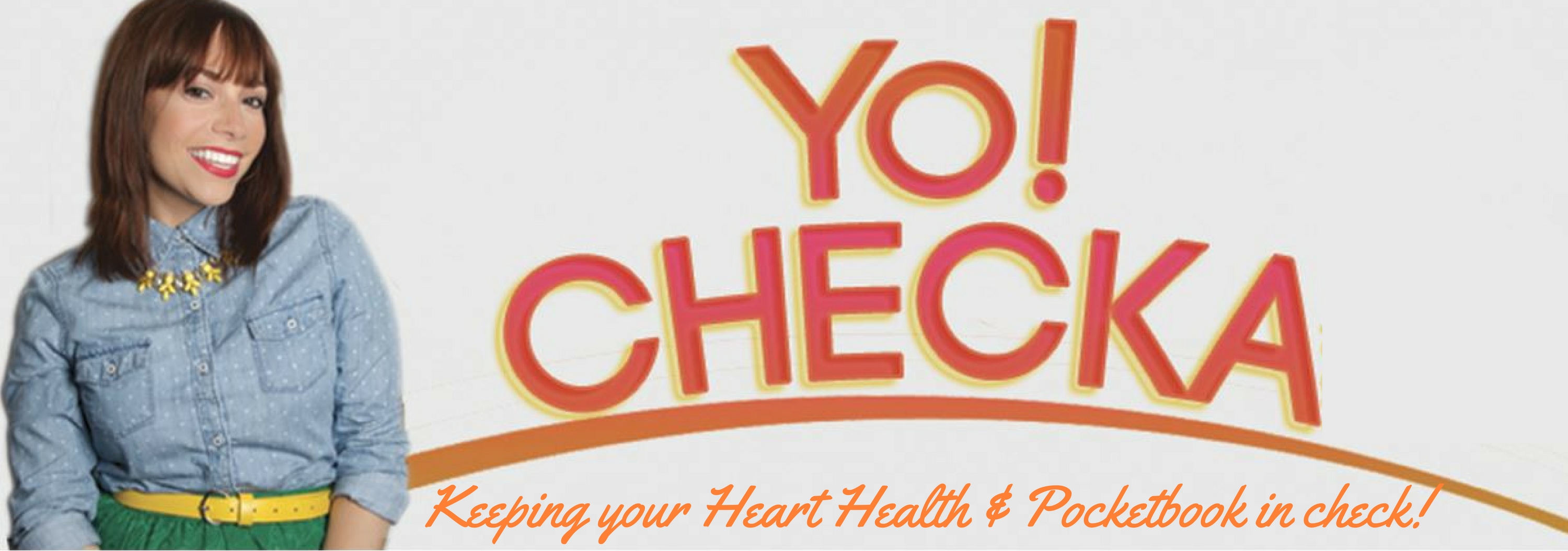
Hayden Panettiere Postpartum depression
The signs of postpartum depression may be vary, but it can demonstrate the lack of responsive behavior needed to care for a infant. With support from a significant other or a family member, and the right coping mechanisms, it can be treated.
Dealing with postpartum depression
#1 Get enough sleep
This may be a hard task to accomplish with a crying baby every 2 hours, but it is important that you find the time for yourself to recharge, and relax.
#2 Call friends
It helps to arrange something with your friends, and other family member every now and then. You can always have a good chat when your feeling down.
#3 Let yourself cry
Your hormones are out of control at this time, and it helps to let out some tears to get through day. It’s normal to feel sad, and constantly worried about things.
#4 Ask for help
When it gets to be too overwhelming to it is always good to ask for help. Confide it your partner, or a friend.
#5 Eat healthy
There are some foods that can help reduce stress, and enhance your serotonin levels, like dark chocolate, bluberries, and green veggies.
After labor, mothers encounter a major drop in estrogen and progesterone hormone levels. Thyroid levels can drop to, which prompts exhaustion, fatigue, and sadness. These quick hormonal changes—alongside the adjustments of being a new mom doesn’t make it easier. This can definitely trigger postpartum depression.
Each year approximately 950,000 women are suffering postpartum depression. Having a baby can make you feel like an emotional train wreck, but you are not alone. Like Hayden, if it gets to feel to much for you, it is best to talk to a doctor, or take action in getting the right help you need. In case you’re experiencing postpartum depression, there should be no reason for you to feel guilty or embarrassed. The side effects of postpartum depression are outside of your control, and they don’t make you an awful mother or a terrible person. On the other hand, the decision to get treatment is in your control. This shows what a good mother you are by evaluating yourself, and seeking the immediate help you need to care for your baby.









